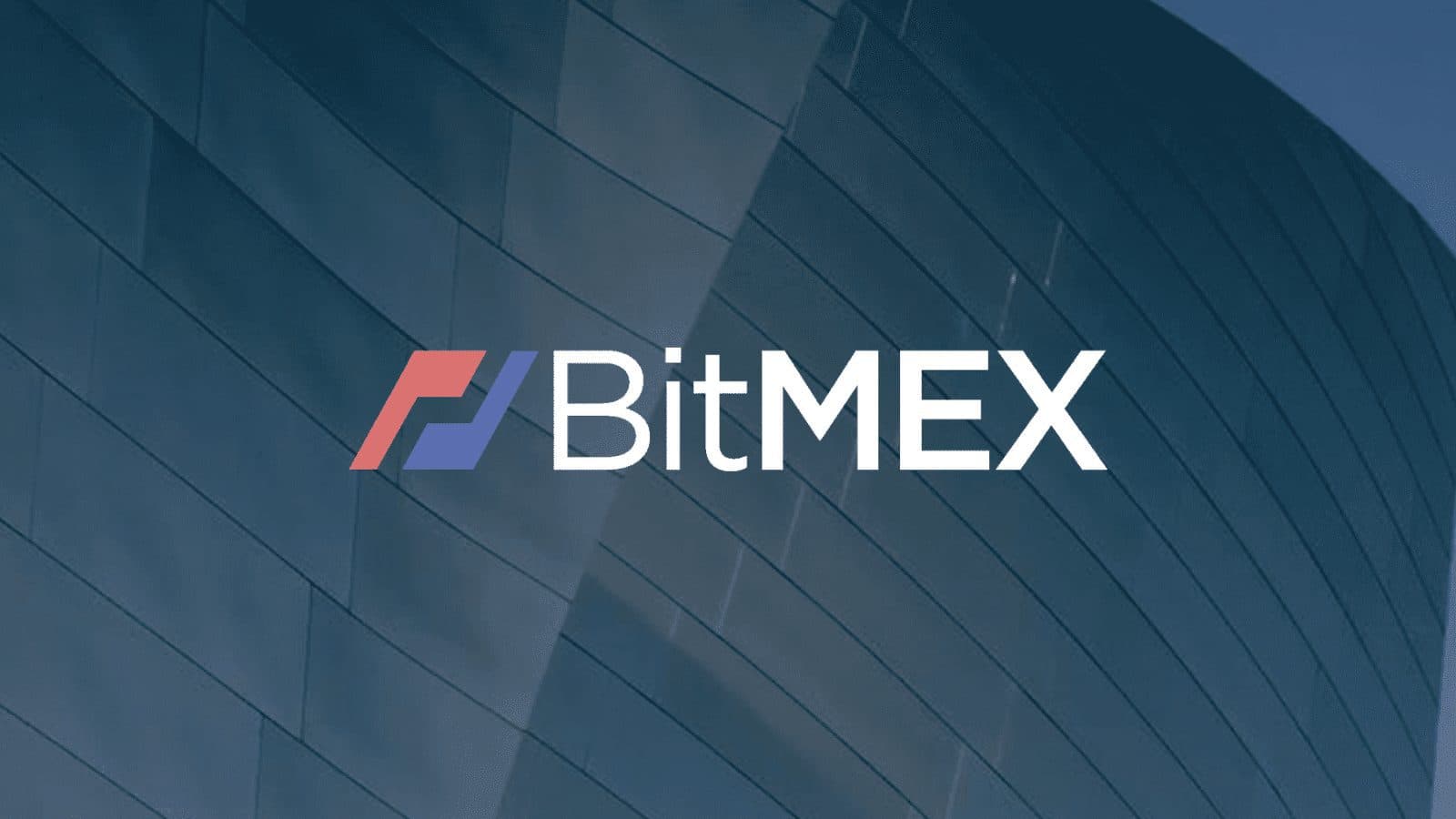BitMEX Top Execs’ Plan To Acquire German Bank Falls Through
BXM Operations AG first announced plans to buy Bankhaus von der Heydt in January

Source: BitMEX
- The deal was likely called out for regulatory issues, but there could be other reasons, experts said
- In October, the Munich bank revealed plans to expand into crypto banking through a custody deal with Fireblocks
Plans for BXM Operations AG, a company founded by BitMEX executives, to acquire German bank Bankhaus von der Heydt have fallen through, according to reports from German media.
Started by BitMEX CEO Alexander Höptner and Chief Financial Officer Stephan Lutz, the Germany-based company first announced the deal in January as part of BitMEX’s broader European expansion goals. Germany was seen as a particularly ideal location given the country’s business-friendly economy, said Lutz, who also serves as BMX Operations AG’s CFO.
“After further discussions between BXM Operations AG and the owner of Bankhaus von der Heydt, the two parties have mutually and amicably decided to discontinue the proposed acquisition,” a representative from BXM Operations said. “We look forward to sharing details of our future plans in due course.”
Representatives from BXM Operations declined to comment further.
Experts say the failed acquisition is likely due to issues with the Federal Financial Supervisory Authority, better known as BaFin, which is the financial regulatory authority in Germany.
“The German regulator is strict and if all of the ducks weren’t lined up in a row, they’d reject,” said Michael Klena, managing director at Architect Partners, a mergers and acquisitions advisory firm. “The fact they called it off and did not delay it implies the BaFin wasn’t comfortable with BitMex/BMX Ops, and couldn’t get comfortable.”
BitMEX has faced regulatory troubles in the past. In October 2020, the cryptocurrency exchange and derivative trading platform was charged by the US Commodity Future Trading Commission (CFTC) for offering unauthorized trading services. BitMEX later agreed to a settlement with the CFTC and the Financial Crimes Enforcement Network (FinCEN) for $100 million.
There are still lingering issues with the situation, though, Klena pointed out.
“Very few regulators would approve anything until other regulatory matters are settled,” he added.
There could be other explanations for the fall through as well, Klena said, such as another bidder, but the deal was an uphill battle from the start.
“That was a surprising deal when it was announced and only the most trusted institutions could practically pull it off,” Eric Risley, managing partner at Architect Partners, said. “BitMEX does not fall into that category.”
Bankhaus von der Heydt has been digital asset-friendly for some time. In October, the Munich bank revealed plans to expand into crypto banking through a custody deal with Fireblocks, becoming one of the first banks to offer crypto services in the region. In addition to custody, Bankhaus von der Heydt currently offers blockchain payments services.
Get the news in your inbox. Explore Blockworks newsletters:
- The Breakdown: Decoding crypto and the markets. Daily.
- 0xResearch: Alpha in your inbox. Think like an analyst.






